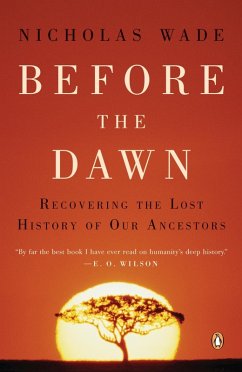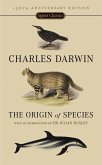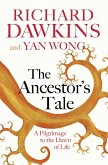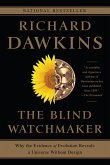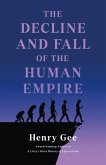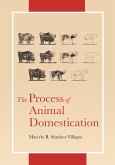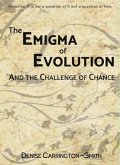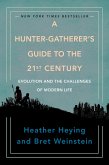Nicholas Wade's articles are a major reason why the science section has become the most popular, nationwide, in the New York Times. In his groundbreaking Before the Dawn, Wade reveals humanity's origins as never before-a journey made possible only recently by genetic science, whose incredible findings have answered such questions as: What was the first human language like? How large were the first societies, and how warlike were they? When did our ancestors first leave Africa, and by what route did they leave? By eloquently solving these and numerous other mysteries, Wade offers nothing less than a uniquely complete retelling of a story that began 500 centuries ago.
Dieser Download kann aus rechtlichen Gründen nur mit Rechnungsadresse in A, B, BG, CZ, D, DK, EW, E, FIN, F, GR, HR, H, I, LT, L, LR, NL, PL, P, R, S, SLO, SK ausgeliefert werden.

